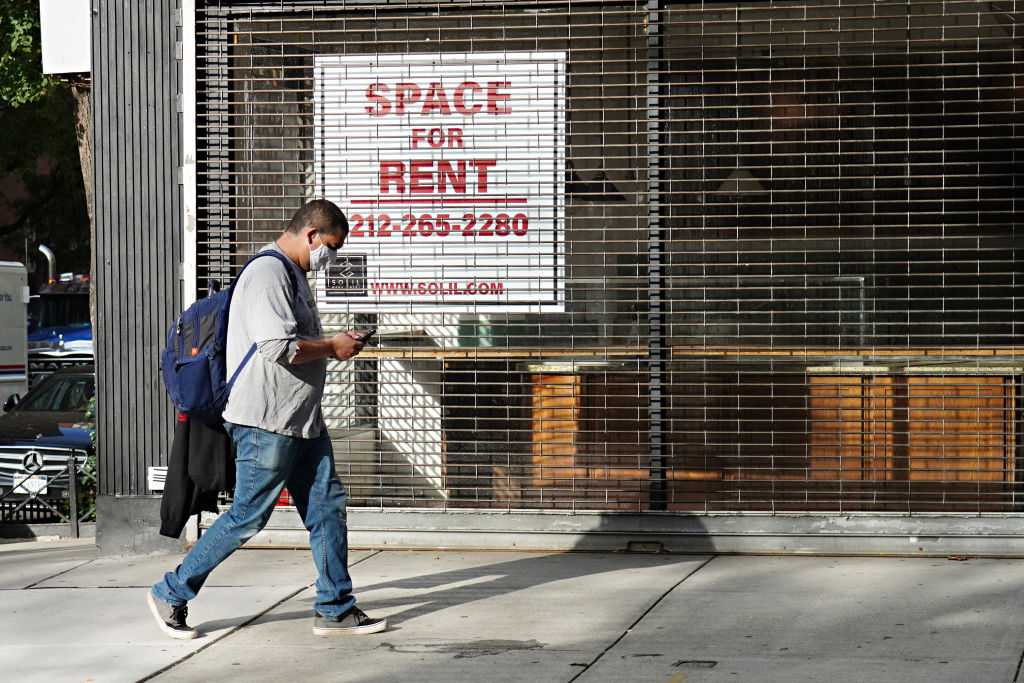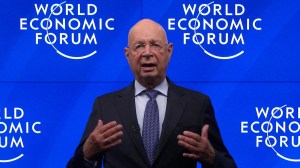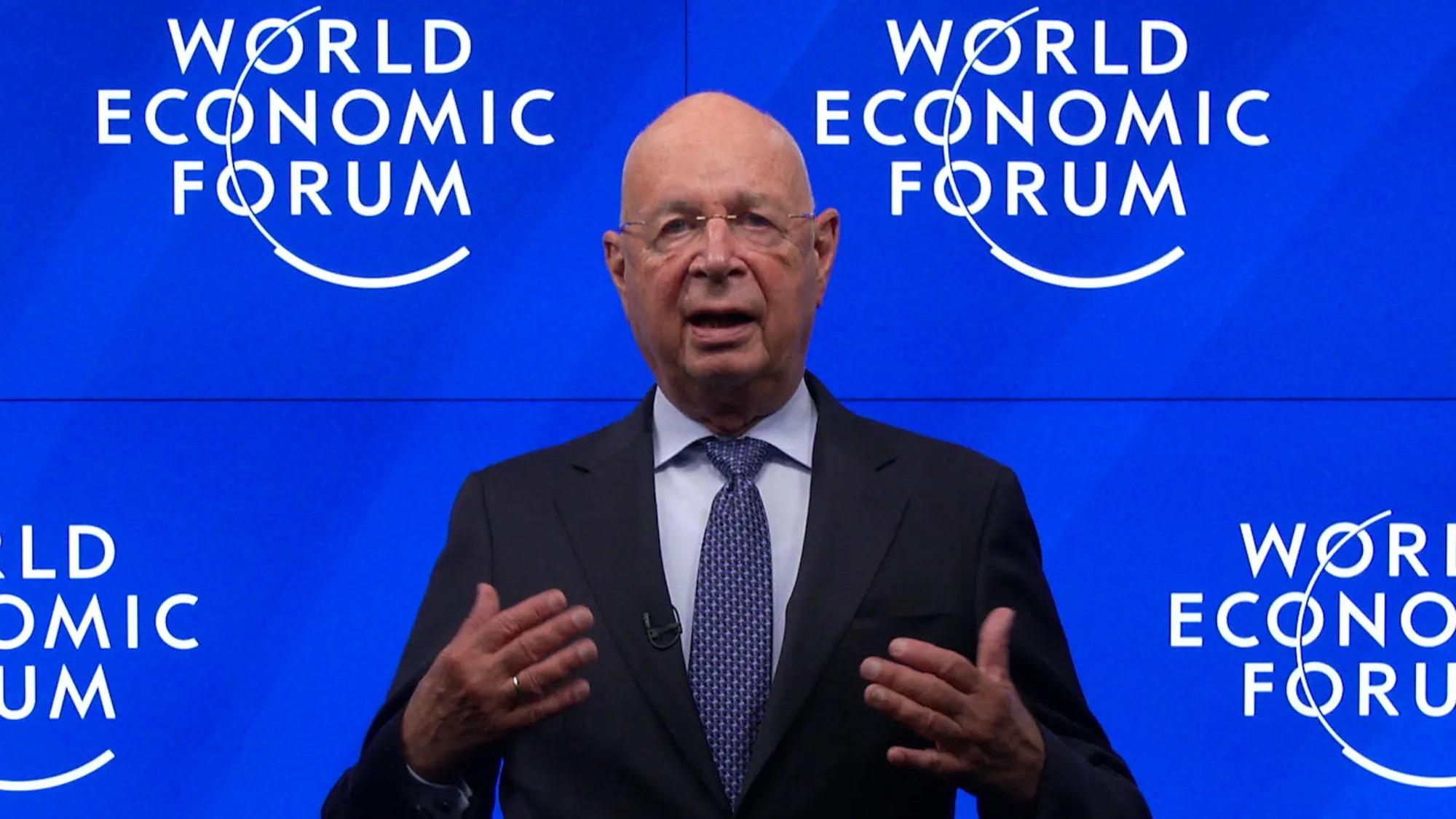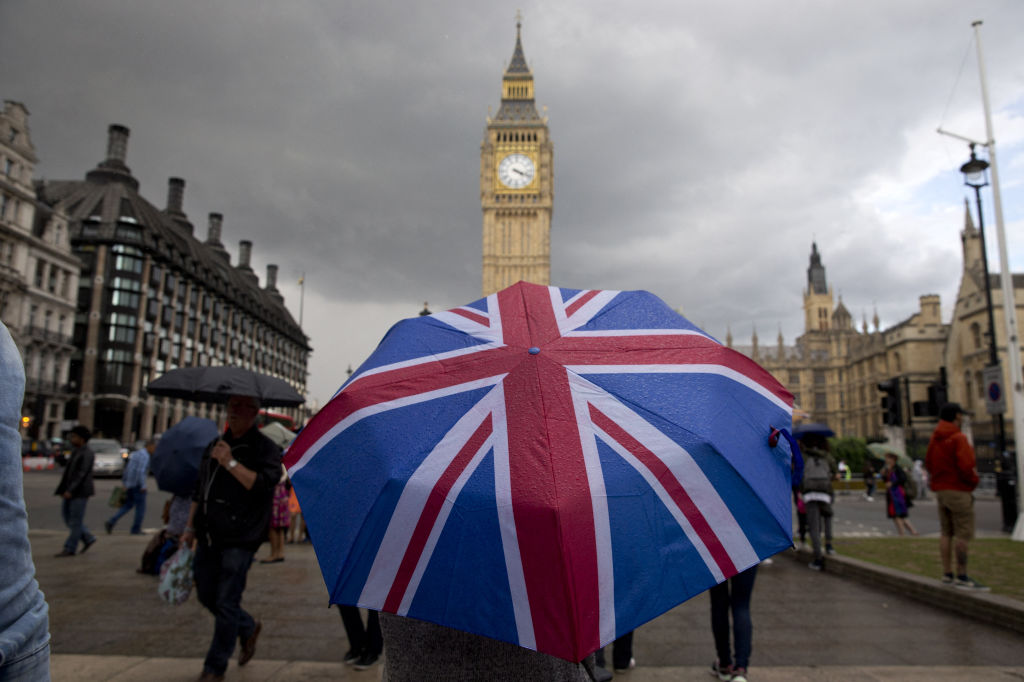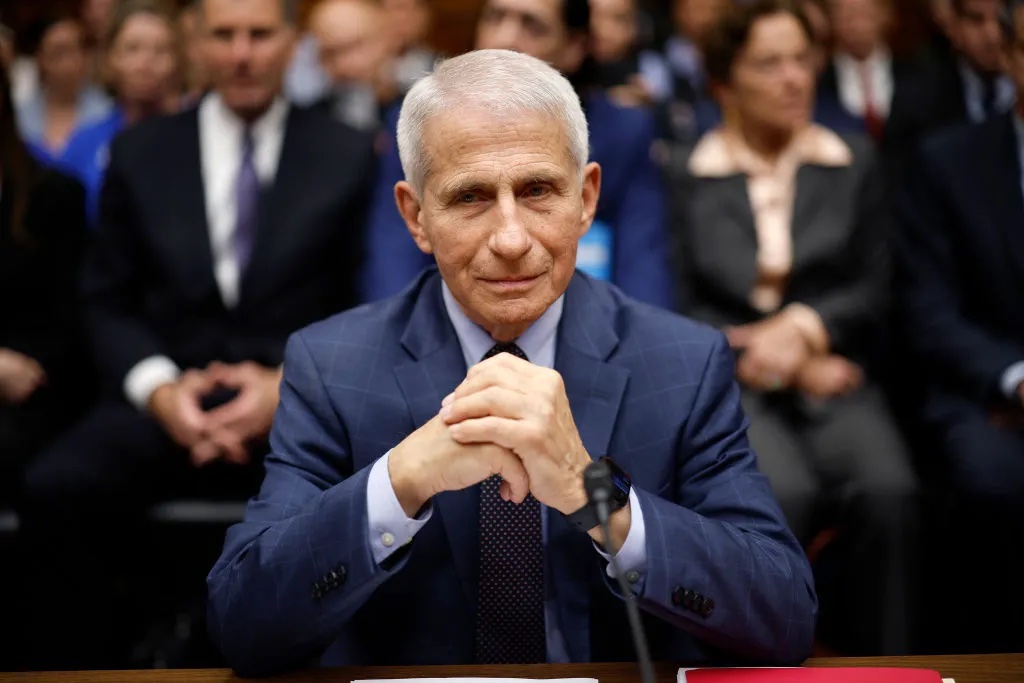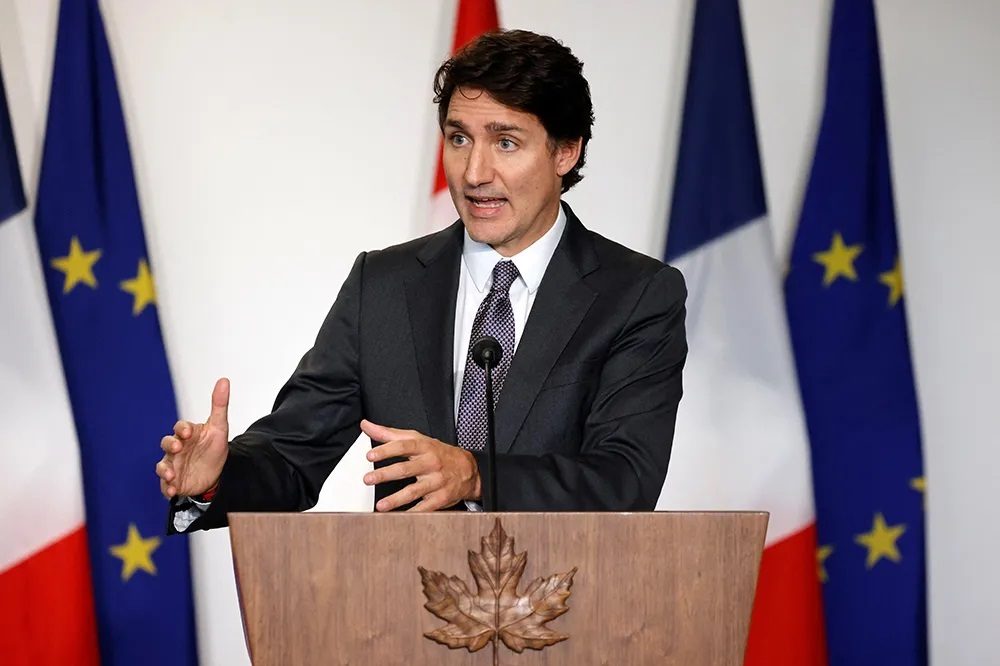A new Johns Hopkins systematic review cuts in two the narrative that government-imposed mandates meaningfully prevent coronavirus deaths.
The review looked at 34 different studies analyzing business and school closings, shelter-in-place orders, and international travel bans. It included data from US and European Covid mitigation efforts, along with endeavors in India, South Africa and China. Almost two dozen of these studies were peer-reviewed, while the other 12 were working papers.
The results of this meta-analysis are striking. Lockdowns reduced Covid mortality by an average of only .02 percent. Shelter-in-place orders were slightly better at a 2.9 percent average, but nothing worth crowing about.
“We are simply looking at the research that has been done on the question of whether there is empirical evidence to support the belief that lockdowns reduce COVID-19 mortality,” study co-author and JHU professor of applied economics Steve H. Hanke told me in an email. “This is just empirical evidence and science. …Our findings support observations and conclusions that have been drawn by Friedrich Hayek, namely that individuals who are allowed to make free choices make better decisions on risk management than governments do.”
A separate review by Hanke’s co-author Jonas Herby noted the failure of previous studies to differentiate between voluntary and forced behavior change. This includes the oft-cited Nature.com study by Oxford professor Dr. Seth Flaxman that defended lockdowns as having a large effect on keeping Covid rates low. Flaxman admitted later there could be improvements, but remained overall supportive of lockdowns.
There’s plenty of evidence suggesting that a significant percentage of people listen when health officials urge them to avoid larger crowds, use better hygiene, and stay home when ill. A May 2020 YouGov poll showed that people had started avoiding gatherings on their own due to Covid fears. A 2020 University of Chicago working paper, written by former Obama administration official Austan Goolsbee, found that legal restrictions on US shopping accounted for only 7 percent of the 60 percent fall in foot traffic. The rest was voluntary due to fear of infection.
Hanke’s review pushed government officials to “provide information so that citizens can voluntarily respond to a pandemic in a way that mitigates their exposure.” This requires, though, that politicians and bureaucrats both trust that individuals will make the best choices and acknowledge that won’t always happen. Politicians desire to be seen “doing something” in order to justify remaining in power, meaning it’s much easier to take extraordinary measures instead of a more measured approach.
Critics of the JHU review appear either too close-minded or too unwilling to admit they might be wrong. The aforementioned Flaxman told Science Media Centre, “[O]rdering people to stay at home (the correct definition of lockdown) decreases disease transmission. None of this is controversial among scientists. A study purporting to prove the opposite is almost certain to be fundamentally flawed.” He also mentioned that his own paper wasn’t included in the meta-analysis.
Hanke et al. defended the exclusion. They accuse the Flaxman paper of forcing “data to fit a certain model if you want to infer the effect of lockdowns on COVID-19 mortality.” Flaxman et al. admit their model containing no governmental interventions is “illustrative only, and reflects the assumptions of our model.” The Flaxman study excludes seasonal and voluntary behavior changes while noting that they “would overestimate deaths in the no-intervention model,” which explains why it was excluded from the JHU review.
Imperial College London statistics and public health professor Samir Bhatt derided the meta-analysis for being too limited in the countries it studied and too focused on the first Covid wave. That’s an odd critique given that one study included in the review looked at 184 countries while others studied data from 144 and 158 nations. (The world contains 195 recognized countries.) It also makes sense to focus on the first wave, since that’s when most countries enacted lockdowns and crippled their economies. Some nations have had multiple lockdowns, while others only locked down once.
Bhatt’s criticism of the use of the word “lockdown” for including mask mandates makes sense since it’s not the definition that most people use. What Bhatt fails to mention is the current argument as to whether cloth masks work versus more sophisticated masks like the N95 and KN95. That debate has yet to be settled, meaning it’s possible that mask mandates did nothing to either a) slow the spread or b) prevent people from dying. Hence why it makes sense to include face covering requirements.
Nottingham University Business School industrial economics chair professor David Paton praised the analysis as “of good quality” and wanted the JHU meta-analysis peer reviewed before offering further opinion. “Based on their sensitivity analysis, we can’t rule out a bigger impact, but we also can’t rule out that there was no impact at all on Covid mortality,” he told Science Media Centre. “Same goes for overall stringency of interventions, though the central estimate is even small.”
Hanke et al’s findings cannot be ignored even by those who favor a heavy-handed government approach. This concern regarding lockdowns and other measures isn’t from disgraced doctors misrepresenting their bona fides. It’s from people worried about the growth of power within the hands of elected leaders. Freedom means sometimes trusting people to judge risk for themselves and act accordingly. The data now appear to back that up.



